Flooring is a very important part of renovation work. After all, it is on him that all the main burden falls, it is the floor that is subject to maximum exploitation. And therefore, the flooring should be treated with the utmost care and meticulousness. A variety of materials are used for flooring. It can be concrete pavement, and asphalt and tiled pavement and laminate. But recently, all these seemingly proven methods have ceased to be in great demand, giving way to newer and more durable technologies. Speech, in this case, is about self-leveling polymeric floors.
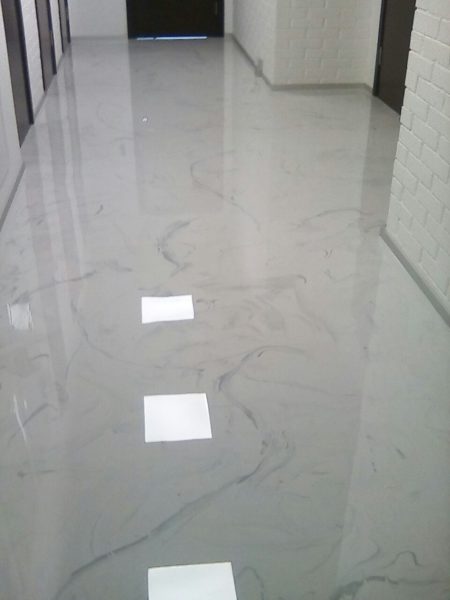
Why are they better?
Let's start with the fact that this type of coating is very reliable.If we analyze, for example, concrete pavements, then during operation one can often see the formation of cracks and irregularities, especially when it comes to industrial areas, where the wear resistance of the pavement should be maximum. In addition, such floors have the specificity of oiling, which is why over time the floor becomes greasy and can no longer be cleaned.
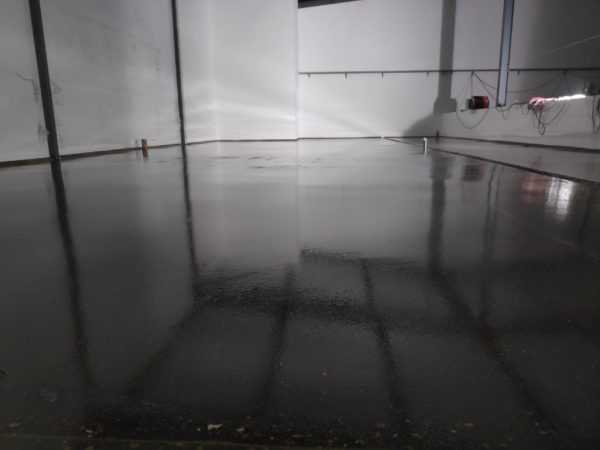
Yes, and repair work on such coatings has to be carried out every few years. If you turn to asphalt floors, then they have one specific feature - this is low heat resistance and the stormy influence of organic solvents, and maintenance of such a coating becomes impossible over time. The next coating, often found in industrial premises, is ceramic tile. But even here there are not so few negative factors. In addition, the cost of such a floor will be too expensive, which is why many customers do not risk covering the floor with tiles.
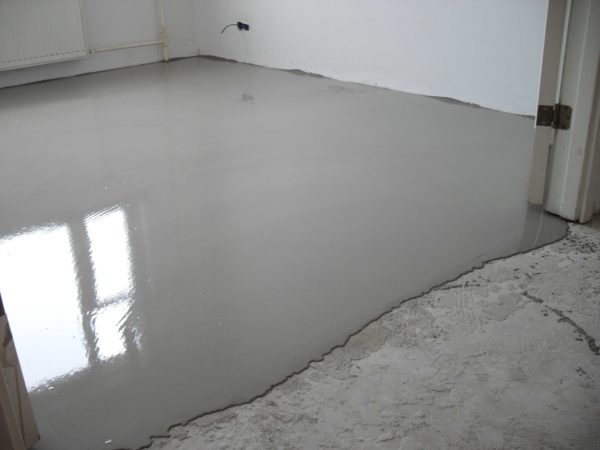
During operation, cracks form on such a surface, and a characteristic oiling of the seams appears at the joints, which is very difficult to remove. What can not be said about self-leveling floors, which are not only much stronger, but also cleaned in a very simple way, allowing you to remove all grease and other waste from the surface that gets on the floor, and the effect of organic compounds on them is almost zero.
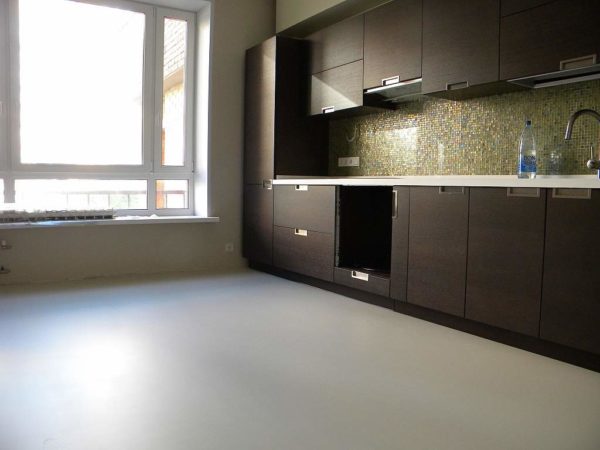
Features and Benefits
In the modern world, the requirements for industrial flooring are very high, and it is possible to deservedly put polymer self-leveling floors in the first place on the podium.A well-executed job of laying polymer floors will help to avoid many problems, including minimal abrasion, high resistance to organic compounds such as acid and alkali. Yes, and the repair of such floors is always possible, spending very little money. There are two types of polymer coating - epoxy and polyurethane.
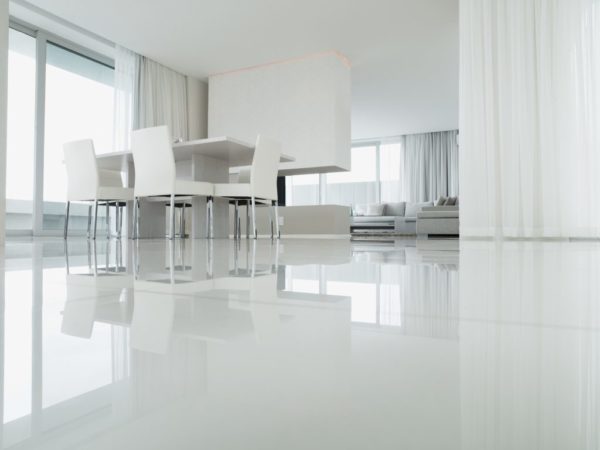
Depending on these characteristics, the technical characteristics will also change. For example, an epoxy bulk coating can be safely used in a room where the temperature ranges from 0 to +50 degrees Celsius. This is due to the fact that this type of bulk coating has a very high rigidity. Polyurethane flooring has a high degree of impact resistance, has impressive chemical and mechanical resistance to stretching and compression. Summarizing the above, you can safely put self-leveling floors in the lead, both in terms of performance and pricing policy.
Did the article help you?
